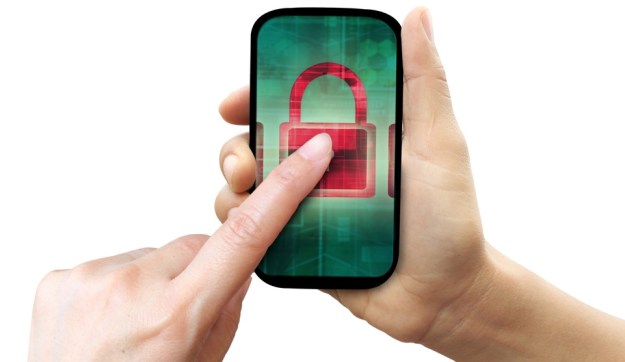
Cell phone unlockers, rejoice! A new bill introduced to the U.S. House of Representatives on Thursday would completely legalize cell phone unlocking by amending one of the most controversial sections of U.S. copyright law.
Introduced by Rep. Zoe Lofgren (D-CA), Rep. Thomas Massie (R-KY), Anna Eshoo (D-CA) and Rep. Jared Polis (D-CO), H.R. 1892, dubbed the “Unlocking Technology Act of 2013” (PDF), would legalize cell phone and tablet unlocking by clarifying that the software “circumvention” needed to unlock a handset does not qualify as copyright infringement, as long as infringement is not the purpose of unlocking. It would also legalize the use and distribution of software that enables unlocking.
Unlocking a cell phone or tablet with a cellular radio allows owners to use the device on multiple wireless carrier networks.
The Unlocking Technology Act of 2013 would also make it permanently legal to jailbreak cell phones and tablets, which allows unauthorized apps to run on devices, and to mod game consoles – all of which are currently forbidden under Section 1201 of the Digital Millennium Copyright Act.
“This bill reflects the way we use this technology in our everyday lives,” Rep. Lofgren said in a statement. “Americans should not be subject to fines and criminal liability for merely unlocking devices and media they legally purchased. If consumers are not violating copyright or some other law, there’s little reason to hold back the benefits of unlocking so people can continue using their devices.”
“Americans should not be subject to fines and criminal liability for merely unlocking devices and media they legally purchased.”
Jailbreaking – which allows users to install unofficial apps on a device – still enjoys exemption under the DMCA for the next three years. But it, too, could lose its exemption status, if the Librarian of Congress decides it does not deserve DMCA exemption during the next round of rule making. Game console modding does not have exemption status, and is still technically illegal.
The Librarian’s decision to remove the exemption from unlocking immediately sparked a firestorm of protest from consumers and rights activists, like entrepreneur Sina Khanifar, who created a successful White House petition condemning illegal unlocking. (The Obama administration later said that it disagreed with the unlocking ban, in response to the Khanifar’s petition.) Unlike three earlier pieces of legislation introduced to Congress, the Unlocking Technology Act is the only bill that solves the problem, says Khanifar, as it amends Section 1201 of the DMCA – a step the earlier bills failed to take.
“It’s really quite an amazing step forward,” Khanifar says. “Not only does it completely legalize unlocking cell phones, but goes the extra step of amending Section 1201 of the DMCA. … And unlike other bills it doesn’t just cover an individual act of circumvention, but also commercial tools and services.”
Sherwin Siy, Vice President of Legal Affairs for advocacy group Public Knowledge, agrees that the Unlocking Technology Act is a major leap in the right direction for consumers.
“This bipartisan bill not only makes it clear that consumers can, of course, unlock their phones without fear of legal repercussions; it also addresses a longstanding problem with the Digital Millennium Copyright Act (DMCA),” said Siy in a statement. “For too long, the DMCA has been a barrier to consumers, educators, researchers, and others, in ways that don’t even protect artists.”
Introduction of the bill comes as the House Judiciary Committee begins a comprehensive review of U.S. copyright law – a factor that proponents of unlocking believe may give the Unlocking Technology Act a better chance at passage.
Khanifar tells us that he is “not really sure” how difficult it will be to pass the new unlocking bill, but urges people to write their representatives in Congress, and sign a petition at his website, FixTheDCMA, to help ensure its success.
“It’s definitely a really wide-ranging bill, but also quite a common-sense one,” says Khanifar. “So it’ll be interesting to see how hard it is to get things moving.”
Editors' Recommendations
- How to unlock a phone on every carrier in 2024
- Best cell phone plan deals: T-Mobile, AT&T, Verizon, Mint Mobile and more
- It’s 50 years to the day since the first cell phone call
- OtterBox’s new iPhone case for CES 2023 fixes an annoying MagSafe problem
- The best student cell phone plans and deals in 2023


